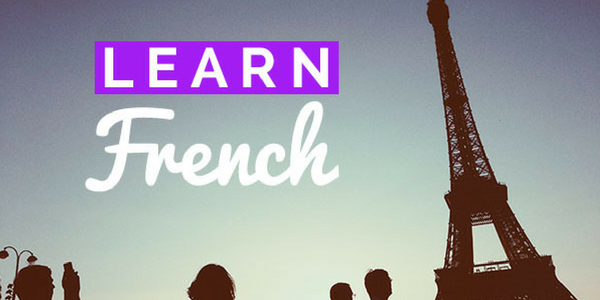Essential French Vocabulary Every Learner Should Know
- Home
- Essential French Vocabulary Every Learner Should Know



Learning a new language can be a thrilling and rewarding experience, opening doors to new cultures, opportunities, and perspectives. Among the many languages spoken worldwide, French holds a prominent place as a global language of diplomacy, literature, and art. Whether you're planning to visit France, connect with French-speaking communities, or simply expand your linguistic skills, mastering essential French vocabulary is crucial. In this blog, we will explore some key French words and phrases that every learner should know.
1. Learning how to greet someone in French is the first step towards building connections. Begin with "Bonjour" (Hello) to greet someone during the daytime or "Bonsoir" (Good evening) for nighttime encounters. Other basic expressions include "Merci" (Thank you), "S'il vous plaît" (Please), and "Excusez-moi" (Excuse me). Mastering these simple phrases will go a long way in creating a positive impression. Numbers and Counting:
2. Numbers are essential to any language, and French is no exception. Start by learning the numbers from one to ten (un, deux, trois, quatre, cinq, six, sept, huit, neuf, dix). Once you've mastered the basics, expand your knowledge to include larger numbers, such as twenty (vingt), fifty (cinquante), and one hundred (cent). Understanding numbers will help you navigate various situations, from shopping to telling the time. Basic Travel Vocabulary:
3. Knowing some basic travel vocabulary is essential if you're planning a trip to a French-speaking country. Learn words like "aéroport" (airport), "gare" (train station), "hôtel" (hotel), "restaurant" (restaurant), and "carte" (menu). Additionally, familiarize yourself with transportation-related terms like "bus," "métro," and "taxi." This vocabulary will prove invaluable during your travels and interactions with locals. Food and Dining:
4. French cuisine is renowned worldwide, and knowing key food-related vocabulary will enhance your gastronomic experiences. Start by learning basic food items like "pain" (bread), "fromage" (cheese), "vin" (wine), and "chocolat" (chocolate). Expand your vocabulary to include common menu items like "croissant," "quiche," "crêpe," and "escargots." Understanding these words will help you navigate menus, order confidently, and savor French cuisine's rich flavors. Colors and Clothing:
5. Expand your vocabulary by learning colors and clothing-related words. Some basic colors in French include "rouge" (red), "bleu" (blue), "vert" (green), "jaune" (yellow), and "noir" (black). When it comes to clothing, learn words such as "chemise" (shirt), "jupe" (skirt), "pantaloon" (pants), "chaussures" (shoes), and "chapeau" (hat). This vocabulary will be helpful during shopping trips or when describing objects and outfits.
6. Mastering time-related vocabulary will ensure you can effectively communicate and plan your activities. Learn how to express the hours using phrases like "une heure" (one o'clock) or "deux heures et demie" (two-thirty). Additionally, grasp the days of the week (lundi, mardi, mercredi, jeudi, vendredi, samedi, dimanche) and months (janvier, février, mars, avril, mai, juin, juillet, août, septembre, octobre, novembre, décembre). This knowledge will enable you to schedule appointments, plan, and discuss time and dates.
Learning French vocabulary is an essential aspect of becoming proficient in the language. By familiarizing yourself with greetings, numbers, travel terms, food and dining vocabulary, colors, clothing, and time-related phrases, you will develop a solid foundation for effective communication in French-speaking environments. Remember, consistent practice and immersion in the language will help you reinforce these words and expand your linguistic repertoire. So, embrace the challenge, dive into the language, and unlock the doors to the French language's rich culture and heritage. Bonne chance! (Good luck!)